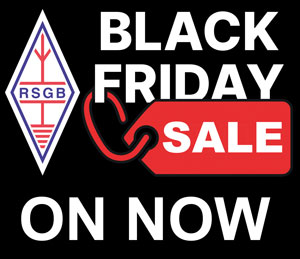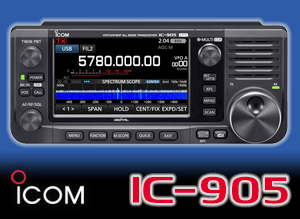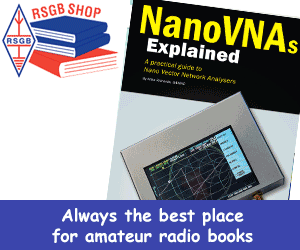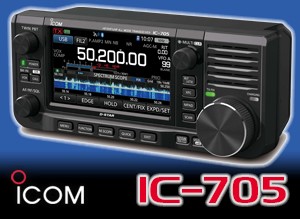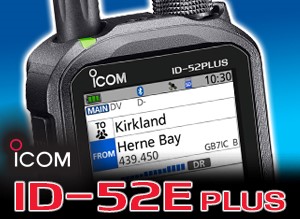10. Next Steps
Other societies throughout the world organise all sorts of contests and nearly every weekend there is a contest on the HF bands. Notice of both RSGB and major overseas contests is usually given in RadCom and on the RSGB website (GB2RS news).
The major international events in the contest calendar are:
CQ World-wide (CQWW) & World Prefix (WPX) Contests: CQ Magazine runs these major events annually on both CW and SSB. Each is a full weekend (48hrs) long on each mode and literally thousands of amateurs enter. CQWW usually provides great opportunities to work rare countries, often activated by “DXpeditions” who go there specifically to operate in the contests. In CQWW the contest exchange is signal report and “CQ Zone”, which for the UK is ‘14’. DXCC Countries and CQ Zones worked on each band (160 – 10m) count as multipliers. In the WPX contests, scoring is by multipliers for each prefix, rather than country… G3IFB and G4IFB would be counted as different prefixes (multipliers). This contest is unusual in that multipliers may be counted only once, regardless of band. The full rules are published in CQ Magazine, and a comprehensive summary in RadCom.
ARRL DX contests: The Amateur Radio Relay League organises major DX contests on SSB and CW. These events, where the rest of the world works the 48 mainland US states plus Canadian provinces on all six bands 160 to 10m, are as popular as CQWW. US/VE stations send report and State/Province while all other stations send report and power output. The multiplier is the number of states/provinces contacted on all bands. ARRL also run contests on 160m and 10m.
IARU HF Championship: The International Amateur Radio Union runs this major event on all the HF bands in mid July. The RSGB Headquarters station is one of several stations around the world representing a country’s national society. All such stations count as additional multipliers.
WAE DX Contests: Europe works the rest of the world. In this contest extra points can be earned by DX stations sending back to EU stations details of their previous QSOs (called QTCs). The rules are complicated and anyone intending to enter should obtain a copy from the German national society (DARC) who organise the events.

